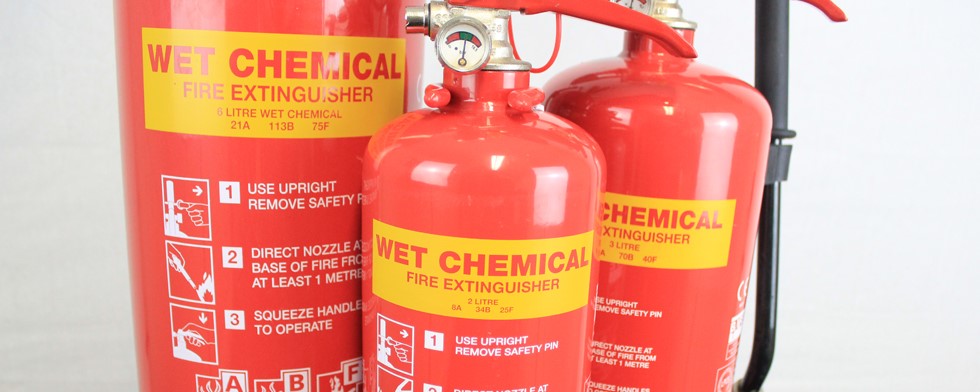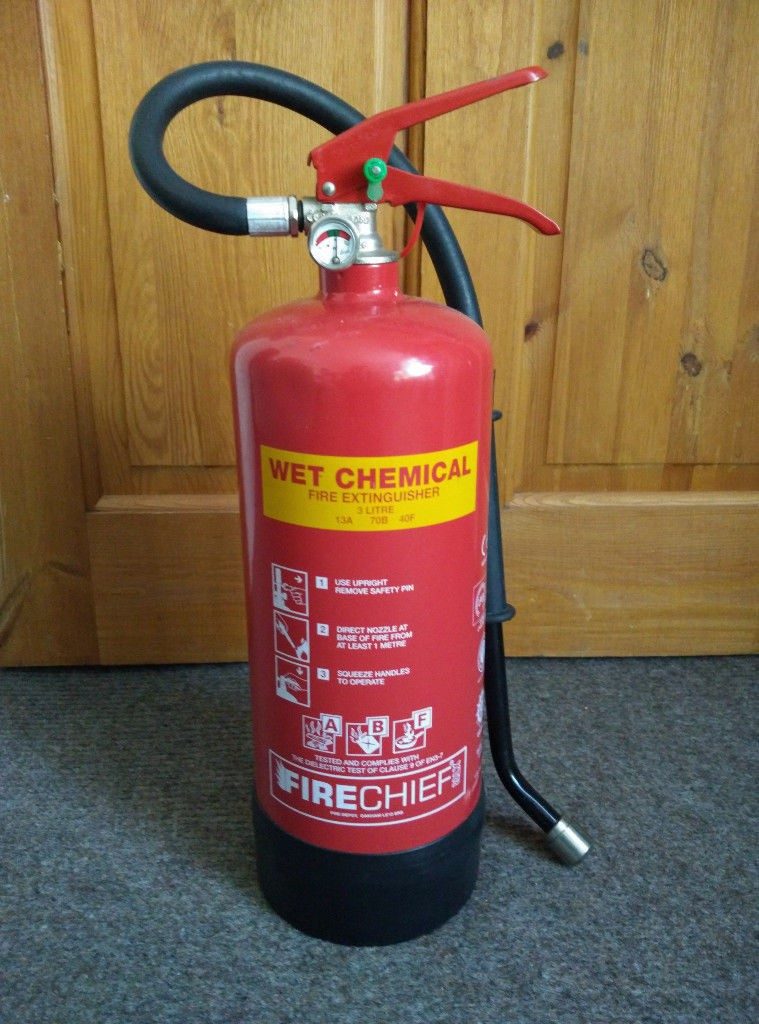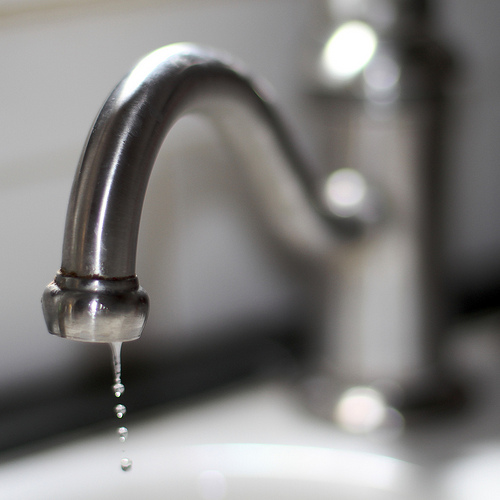Nowadays, people tend to be better aware of fire safety in the home. Many have fire escape plans, and most have smoke alarms, fire alarms, carbon monoxide detectors and even mini fire extinguishers. However, there is one form of fire safety tool that many homeowners and even business owners tend to be less familiar with – the wet chemical extinguisher.
What exactly is a wet chemical fire extinguisher and why should you own one? These are there questions we are going to answer in the following post.
First things first.
What Is a Wet Chemical Fire Extinguisher?
Wet chemical fire extinguishers, also referred to as Class ABG or Class F fire extinguishers, are the only extinguishers that are recommended for putting out fires that are categorised as Class F or Class A fires.
A class F fire is a fire that involves cooking fats and oils including:
- Vegetable oil
- Butter
- Olive oil
- Lard
- and many more
A Class A fire is a fire that involves flammable solids, including:
- Textiles
- Wood
- Paper
- and other similar items
Some wet chemical fire extinguisher models are cleared for fighting against Class B fires, that is those involving paint, diesel and patrol, but it is best to check the label or ask a professional fire safety expert before you use this kind of extinguisher on this type of fire.
Why You Should Own One At Home?
As the kitchen is often where a lot of fires start in the home, it makes sense to have some form of protection close to hand. You may not intend on starting a fire – really who would? Still, accidents can and often do happen. Other forms of fire extinguisher are not really designed to tackle fires involving cooking oils and could even make the fire worse.
Therefore, it may be a good idea to invest in one that is designed to fight those fires that accidentally happen while you are cooking.
How Do They Work?
The chemical of the name is potassium and when you use a wet chemical fire extinguisher, it sprays a gentle, fine mist of potassium salts, which reacts with the burning fat or oil it lands on and creates a soapy film over whatever is on fire. This foam not only smothers out the fire and stops it from spreading, but also cools it down too.
What Do They Look Like?
Now you know why you should invest in one, how can you easily identify one when you are ordering it or if you are somewhere and a cooking oil or fat related fire starts? Wet chemical fire extinguishers are easily identified by their yellow label with the words clearly marked out “Wet Chemical”.
They also stand out as normally have a much longer hose and a special lance-style attachment. If it is not your home you are in when a fire starts, there should be an extinguisher ID sign on the wall close to where the extinguisher in that also has “Wet Chemical Extinguisher” written on it.
Important Things to Note
Although, wet chemical fire extinguishers are ultimately a great piece of equipment to have in your own home, there are some important things you should bear in mind before investing in one.
These types of fire extinguishers are only suitable for Class B fires if they are cleared specifically for this use. They are never suitable for fires involving electricity, butane, methane and other flammable gases.
The major disadvantage of using a wet chemical fire extinguisher, even in the way it was intended, is that it produces dangerous fumes and therefore, you should also be sure to ventilate a room properly if you use one.
Invest in Proper Fire Extinguisher Use
Just as it is important for businesses like hotels, restaurants and other commercial buildings to have trained staff on hand who know how to use fire extinguishers properly, you should take the same approach in your own home. Invest in these potent and potentially life and property saving tools, but you should also arrange for some professional training to use them.
This is especially important when it comes to wet chemical fire extinguishers because you will be dealing with hot oils and fats that you will need to avoid spreading. Having proper training will best equip you to deal with any fires that may occur in your own home.
It is also recommended that you make sure all responsible adults and teenagers in your household are trained in using them too.
If a fire is uncontrollable or you do not feel confident battling it yourself, you should always call the fire service. Really, even if a fire occurs and you deal with it, you should always call them out to clear the area and to avoid making the same mistakes again.








